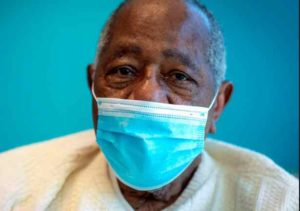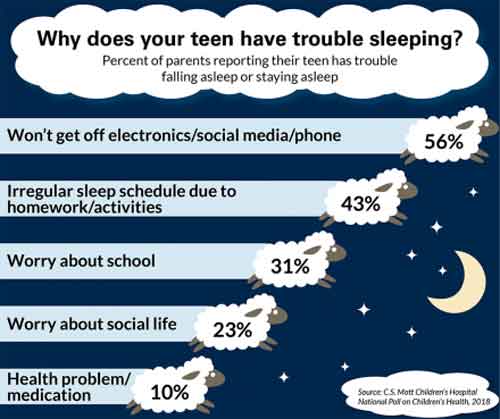
The Atlanta Braves Major League baseball team announced Friday Hall of Famer Hank Aaron has died at the age of 86.
The team says Aaron died peacefully in his sleep Thursday.
Aaron spent all but two years of his 23-year major league baseball career with the Braves organization.
In a statement on the Braves web site, Chairman Terry McGuirk said the team was “devasted” at news of Aaron’s death. “Henry Louis Aaron wasn’t just our icon, but one across Major League Baseball and around the world.”
Aaron was known as the all-time greatest hitter, but he is best known for breaking Babe Ruth’s all-time home run record in 1974. By the time he retired two years later, he had 755 home runs, a record that stood until 2007 when it was broken by Barry Bonds. Aaron remains in second place.
Aaron joined the then-Milwaukee Braves in 1954 and moved with the team in 1965 to Atlanta, where he played until 1974. He played his final two seasons back in Milwaukee, with the Brewers before retiring in 1976.
[content id=”79272″]
In his career, Aaron was always among baseball’s best. He was the National League (NL) Most Valuable Player in 1957 — the same year the Braves won the World Series — and he was a two-time NL batting champion, a three-time Gold Glove winner for his defensive play as a right fielder and a record 25-time All-Star.
He was elected to the Baseball Hall of Fame in 1982, and in 1999, MLB created the Hank Aaron Award, given annually to the best hitter in both leagues.
Off the field, Aaron was an activist for civil rights, having been a victim of racial inequalities. He was born in Mobile, Alabama, and didn’t play organized high school baseball because only white students had teams.
During the buildup to passing Ruth’s home run mark, threats were made on his life by people who did not want to see a Black man break the record.
After his retirement, as an executive with the Braves, Aaron worked to help find Black players meaningful employment after their playing days were over.
“On the field, Blacks have been able to be super giants,” he once said. “But once our playing days are over, this is the end of it, and we go back to the back of the bus again.”
[content id=”52927″]







